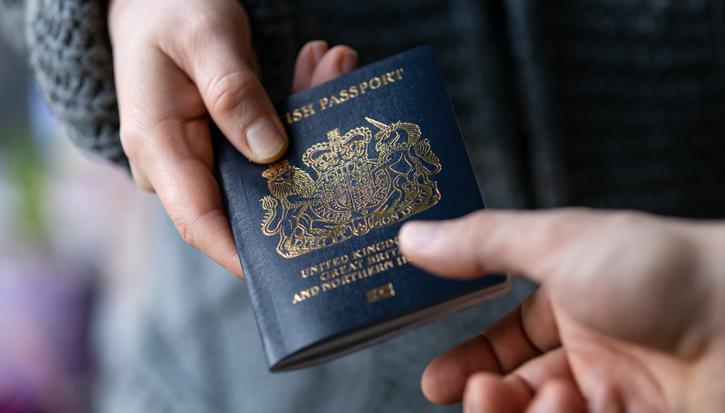Child poverty: Children should not be the collateral damage of the Covid Recession
Article
“Have the germs come back?” my daughter asked me the other evening as I tucked her in. Aged 4 and 14 months, my daughters have been remarkably resilient to the impacts of Covid-19. The voices of children have been relatively silent throughout this crisis and for far too many children the difficulties of living in a time of pandemic will have been exacerbated by rocketing levels of child poverty.
Research published by IPPR North shows that the North East for has seen the largest rise in child poverty of any region or nation in the UK since 2013 (9 percentage points, compared to 3 percentage points nationally). 35 per cent of children in the North East live in relative poverty; the national rate is 30 per cent. Indeed, the North East currently has the second highest rate of child poverty of any region or nation in the UK, the highest being in London.
This has been a crisis in the making for many years, brought on by a decade of austerity, the removal of the welfare safety net for many and a squeezing of household incomes with more precarious employment and many more people earning less than the real living wage.
Whilst Covid-19 will undoubtedly make things worse, the steady rise in child poverty across the UK is the direct result of an economic system which maintains a stubborn belief in the power of ‘trickle-down’ economics. It’s a strategy which sees the investment in children’s earliest years, in their health, education and quality of the environment as a ‘cost’ on a spreadsheet, rather than as an investment in our country’s collective future.
So whilst Rishi Sunak’s announcement on the job sharing scheme is welcome, it will have little impact on the wider drivers of child poverty. Indeed, it will do little to support those families who are already struggling with unemployment as a direct result of Covid-19, many of them for the first time in their lives.
Child poverty need not be inevitable. Our childrens' futures should not be the collateral damage of our economic system. We can do better, and the evidence shows that policy works and can deliver better outcomes for children and families. In fact, between 1999 and 2013, the North East saw the biggest fall in child poverty for any UK region or nation.
Devolution provides an opportunity to build new approaches to tackling child poverty. In Scotland, devolution has been put to good use to help introduce the ‘Scottish Child Payment’ which provides a top up payment, targeted at low income families, which will lift 30,000 children out of poverty in Scotland. In Greater Manchester, partnerships with community and voluntary organisations have characterised their approach, and their Family Policy Strategy has been closely integrated with the city region’s economic policy with strong buy in from political leaders at the highest level.
Across the North, despite the restrictions of Covid-19, local organisations have been rallying to support their communities to get through this crisis. For example, Children North East, whose mission is to see all North East children and young people grow up to be healthy and happy, have been running a project entitled Poverty Proofing the School Day. This supports schools to identify and overcome the barriers to learning faced by children and young people from low income families. We must ensure that organisations like this are supported to continue their important work.
I don’t doubt the sincerity of the desire to ‘level up’ and the concern amongst many of the Government’s own MPs about the plight of their youngest, most vulnerable members of society. But what we’ve heard on levelling up to date is rhetoric at best and falls well short of the effort that will be needed to reverse the trends seen in the North East.
We need our politicians, central and local to make ending child poverty their priority, including by making it a central theme of of our economic and social recovery. And we need the next chapter in English Devolution to be underscored by a commitment to addressing child poverty.
As we’ve seen during Covid-19, politicians can take dramatic and decisive action to protect communities from harm. With the same momentum, politicians across the pollical spectrum should come together to give our children and our future, the best start in life.
Sarah Longlands is Director of IPPR North. She tweets @sarahlonglands
Related items

Mission-driven industrial relations: The case for fair pay agreements
How fair pay agreements could support the government’s mission-based approach by resolving labour market challenges.
Women in Scotland: the gendered impact of care on financial stability and well-being
Women in Scotland are far likelier than men to take on childcare and other caring responsibilities, which puts them at an economic disadvantage.
Citizenship: A race to the bottom?
The ability to move from temporary immigration status to settlement, and ultimately to citizenship, is the cornerstone of a fair and functional immigration system.